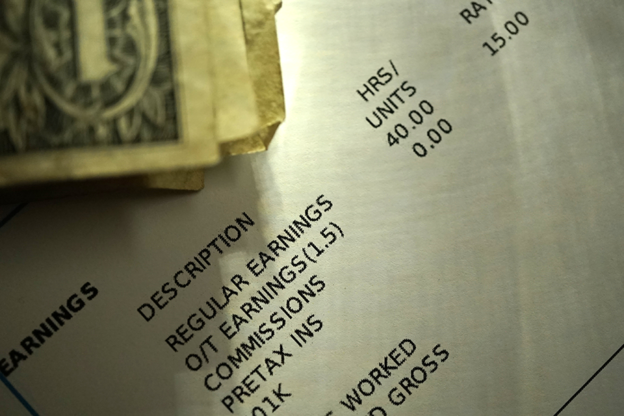by Shaun C. Kennedy and Ryan K. Lundquist

Shaun Kennedy
The implementation of President Biden’s Executive Order 14042: Ensuring Adequate COVID Safety Protocols for Federal Contractors (“EO”) continues to evolve and will likely be refined and updated over the coming weeks and months. In a prior alert, we covered guidance issued by the Safer Federal Workforce Task Force’s (the “Task Force”) on September 24, 2021 detailing requirements for implementation of the EO.
On November 1, 2021, the Task Force released additional FAQs to clarify its prior guidance. We highlight below some of the key takeaways from the recently released FAQs:

Ryan Lundquist
1. Is a 100% vaccination rate required by December 8, 2021?
In what will likely be welcome relief, the FAQs introduced a certain degree of flexibility for covered contractors to comply with the EO’s vaccination requirements.
The FAQs instructed agencies to assess the degree to which a covered contractor is taking good faith steps to comply with the EO. When a covered contractor is working in good faith toward enforcing compliance with the EO and workplace safety protocols, the agency “should work with them to address the challenges.” However, where the agency determines a contractor is not “taking steps” to comply, the contracting officer should take “significant actions, such as termination of the contract.” Read more >>











